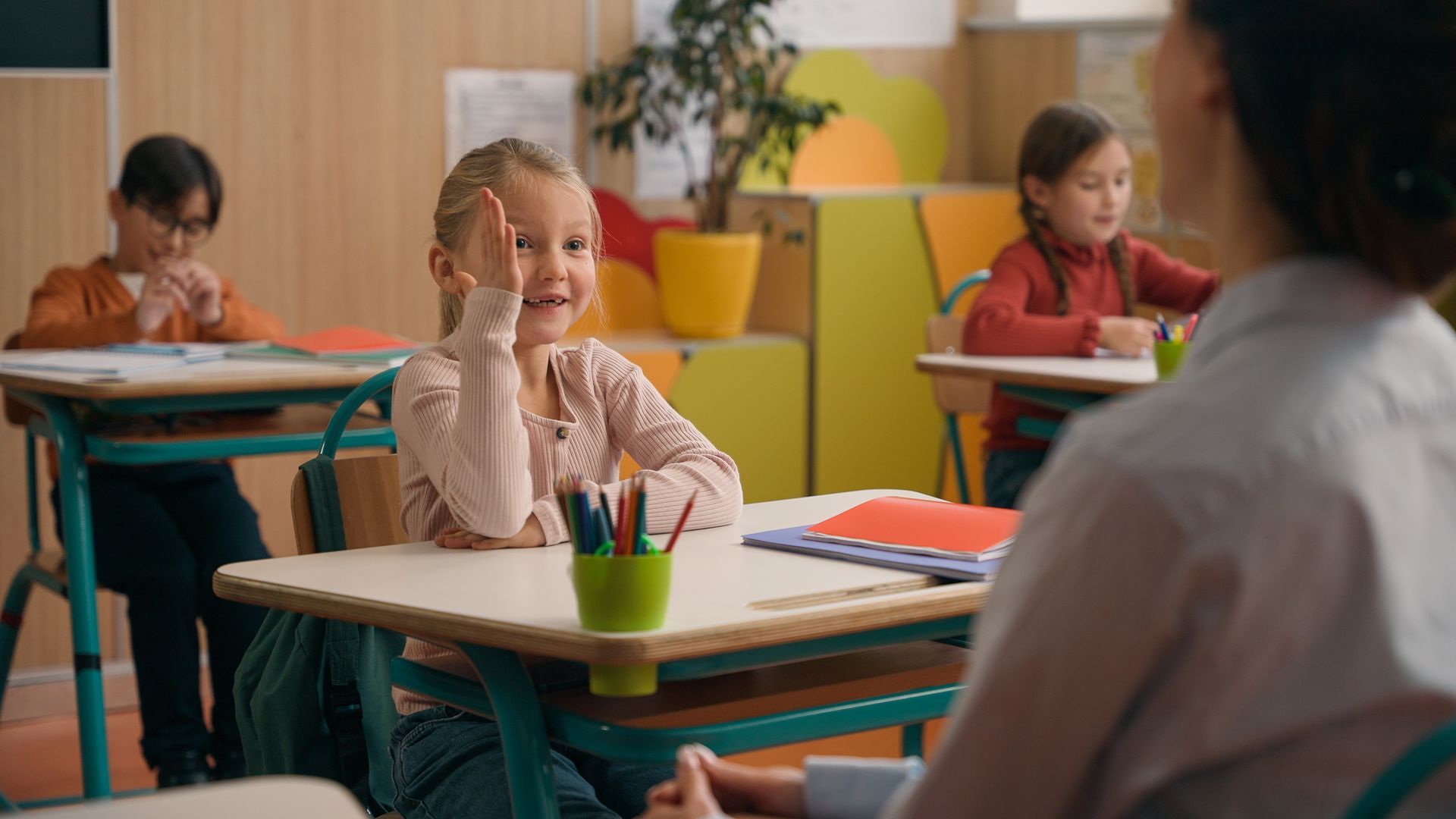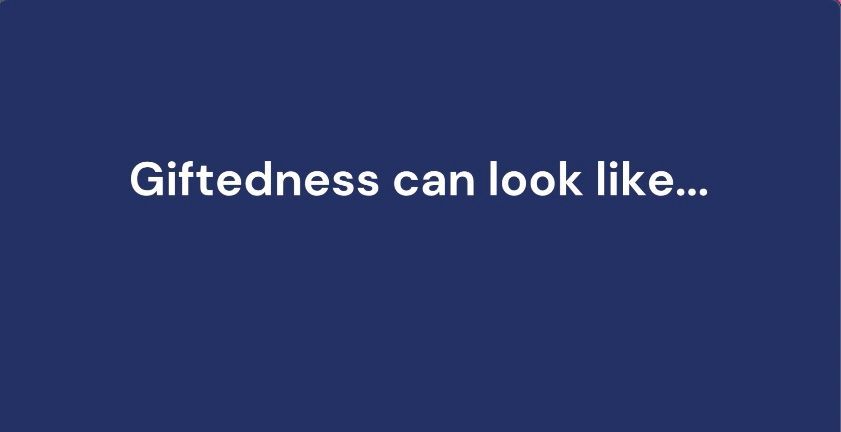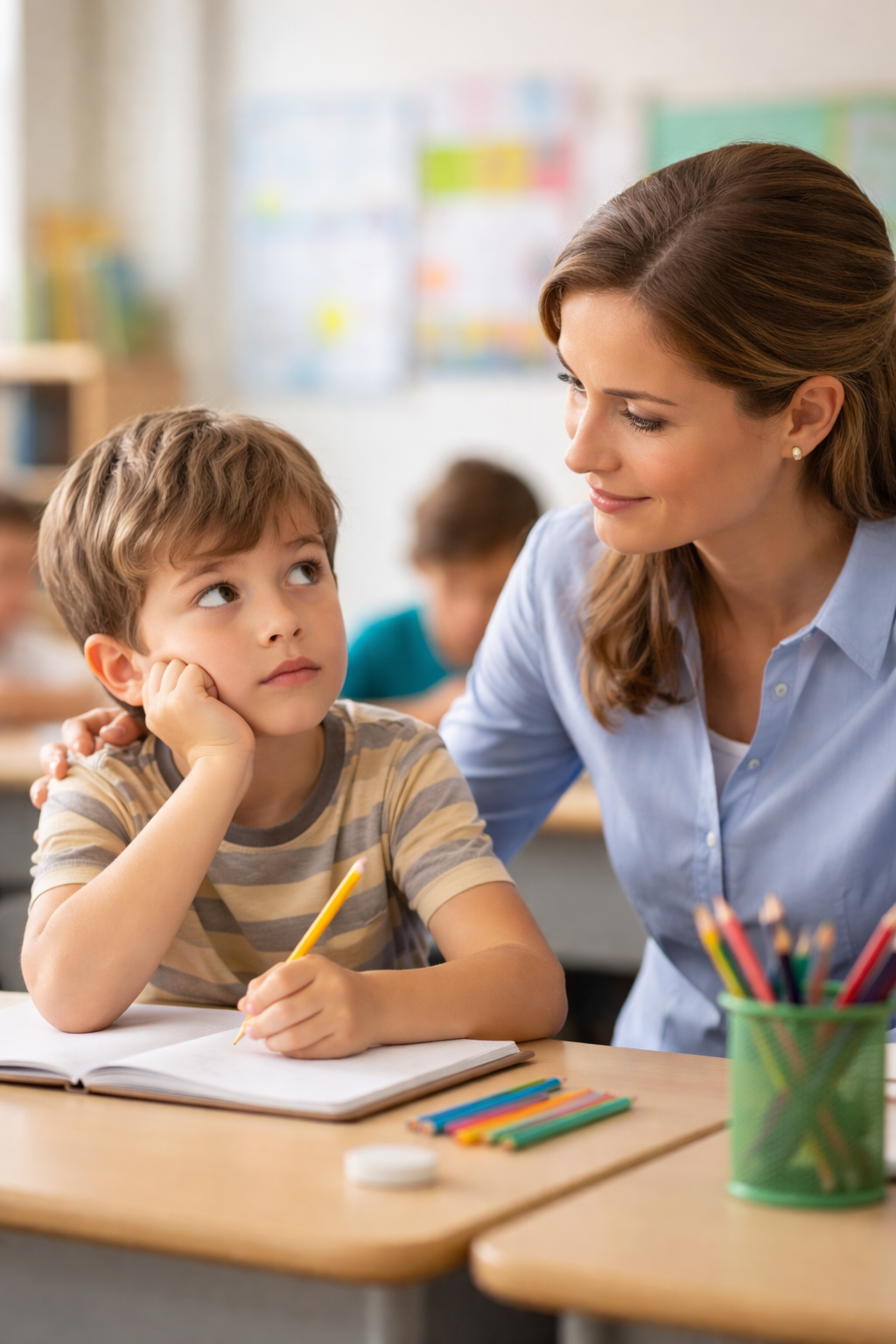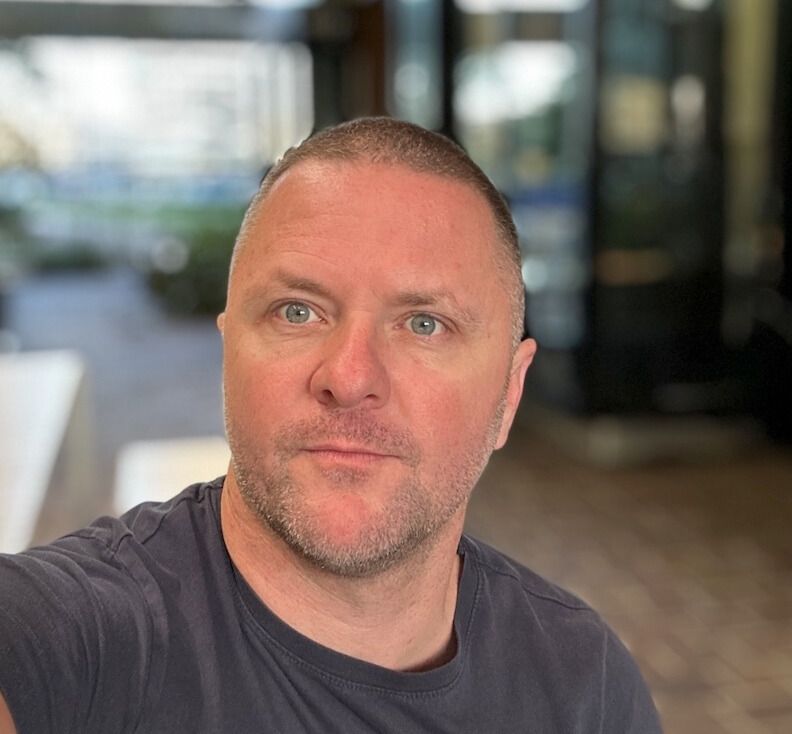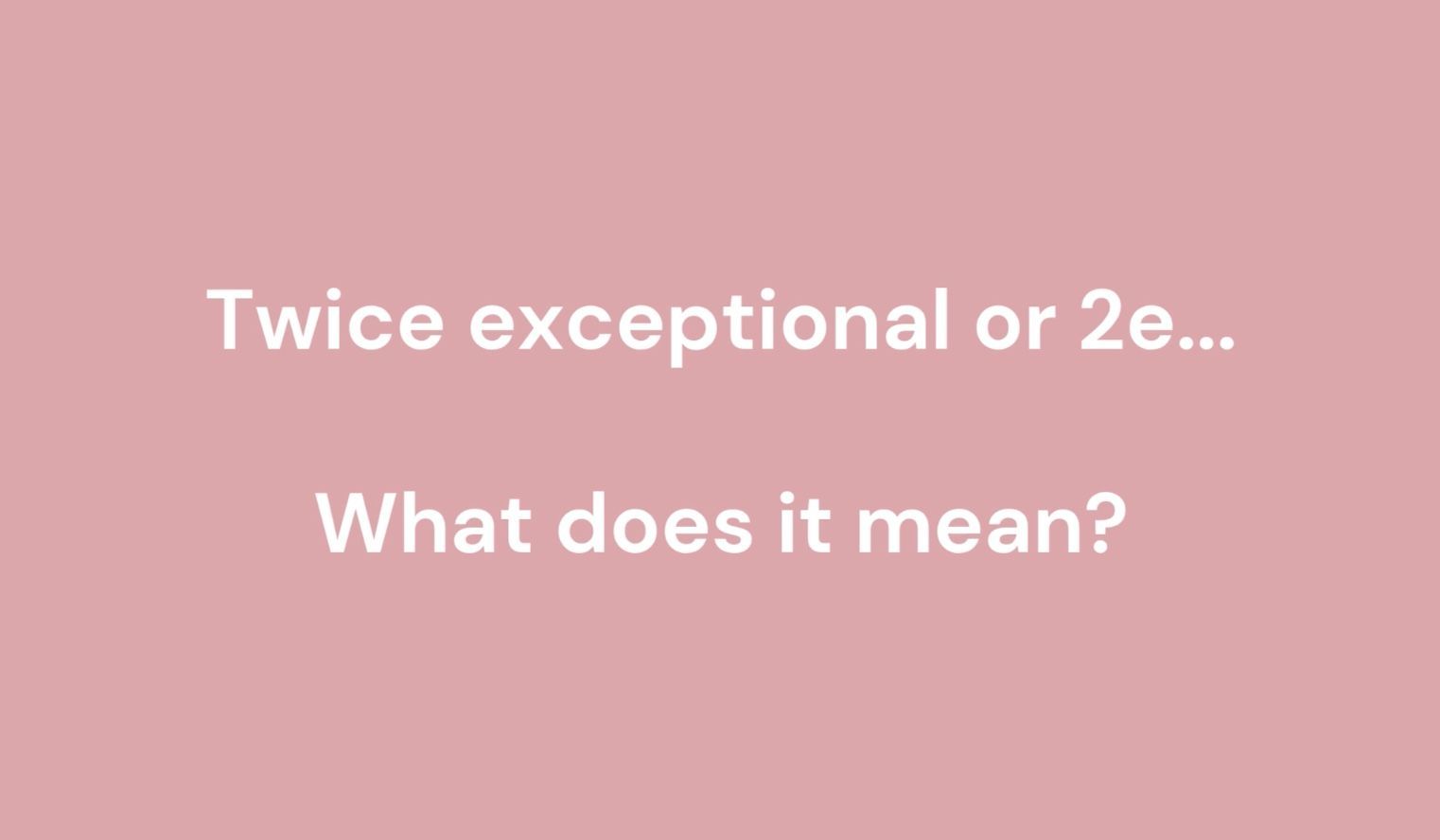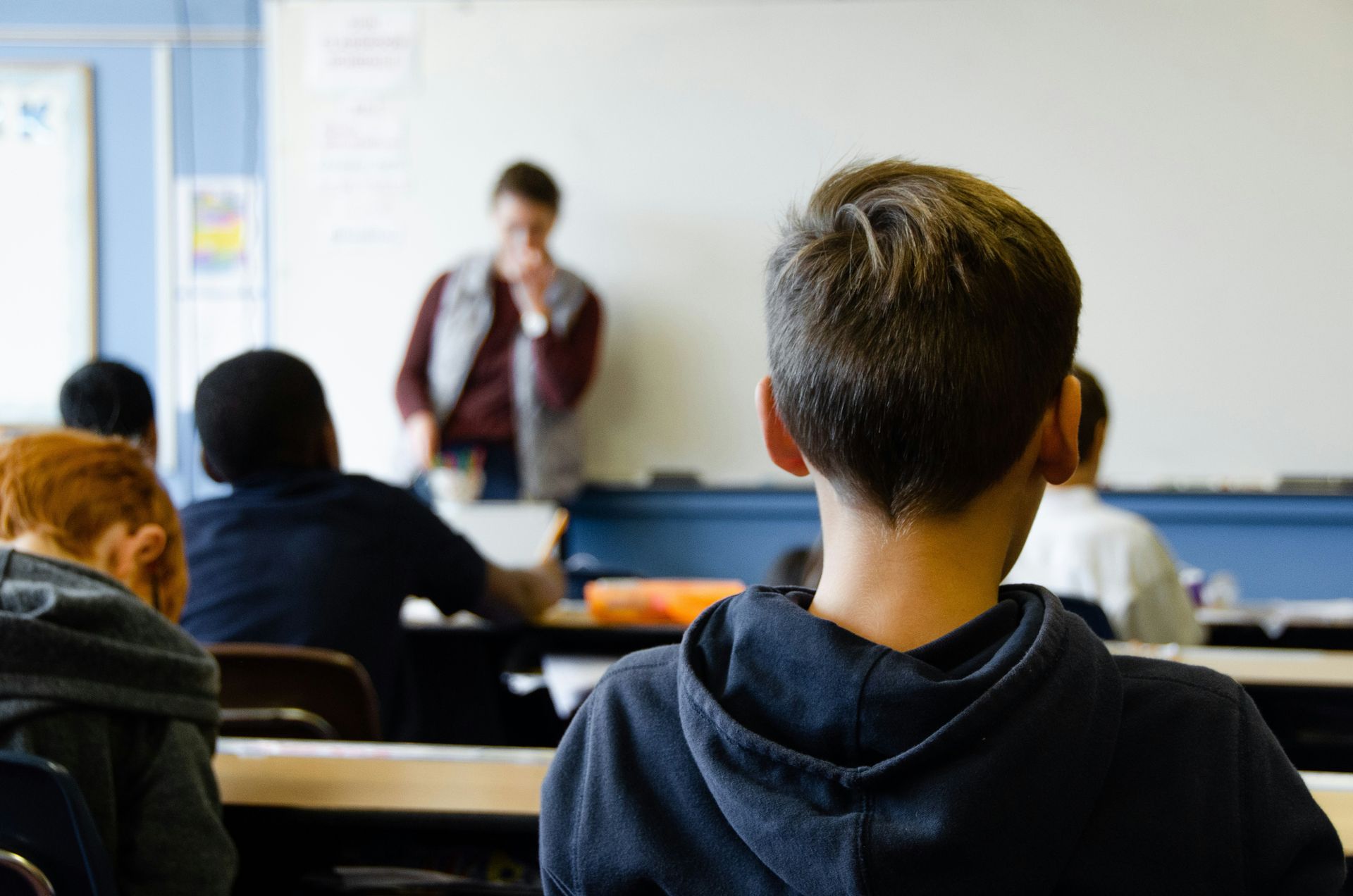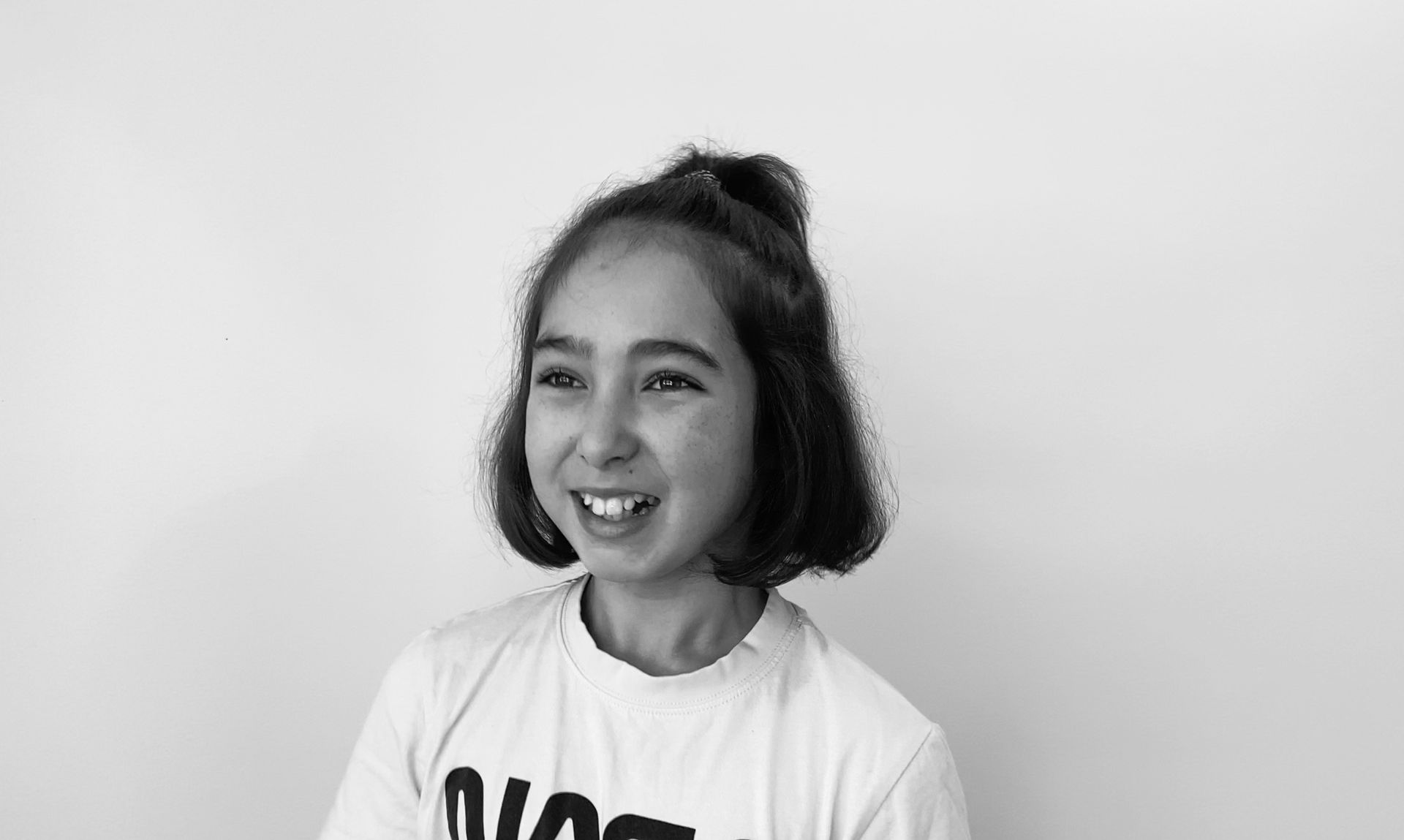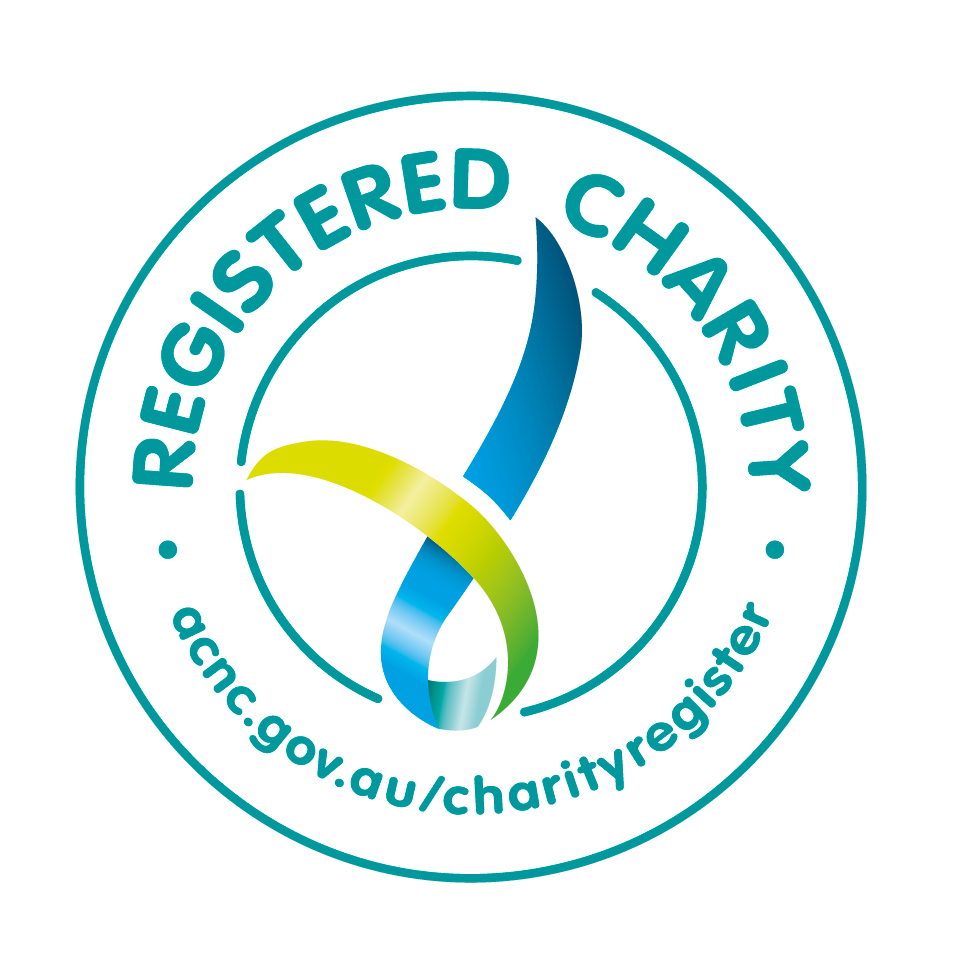Myths Associated With Giftedness
The Australian Association for the Education of the Gifted and Talented (AAEGT) has declared that the week 20-28 May 2023 will be the annual National Gifted Awareness Week. Raising awareness about gifted students and their needs prompts an examination of some of the myths associated with giftedness.
Miraca Gross, past Director of GERRIC at the University of NSW has explained: all children are a gift; all children have relative strengths and weaknesses; however not all children are gifted because the term ‘gifted’ is a psychological and educational term and refers to the top ten percent of the population in any field. All children are unique and each child is valued. Gifted Education isn’t about valuing some students more than others; it is simply related to identification of intellectual and learning differences and meeting a student’s associated educational needs.
Gifted students are not all the same or evenly developed. Birthday gifts are varied, with some neatly boxed, beautifully wrapped, while others are presented haphazardly, with parts protruding beyond plain paper, barely held together with sticky tape. So it is with the gifted. Some students appear to be ‘evenly packaged’ whereas others are existing in an uneven, disorganized state.
Asynchronous development refers to the unevenness often found in gifted students’ profiles. A gifted student may be at a certain chronological age, but simultaneously at different levels in their physical, intellectual social and emotional development. There can be marked discrepancies between various abilities and/or when these are compared with specific skills. Heightened abilities can co-exist with relative deficits in skill areas that have not yet developed. Françoys Gagné, previously of the University of Quebec, explains that gifts or natural abilities will, in a stimulating and nurturing environment, progress to become systematically developed skills or talents, but this doesn’t necessarily occur in a smooth, even or linear manner.
At another level, giftedness can co-exist with a range of disabilities, in physical (e.g. visual or hearing impairments) or cognitive (e.g. learning disabilities or attention) areas. These students are exceptional in two or more areas, have very complex needs and experience significant frustration. There is no doubt that Stephen Hawking, before his recent death, had an extreme physical disability coupled with an extraordinary, brilliant mind; however there are numerous twice-exceptional students who have concurrent advanced abilities and disabilities but their complex needs may not be easily identified or adequately supported within an educational context.
Two bi-partisan Senate Select Committees have identified that gifted students are the most educationally disadvantaged population in this country. Gifted students require identification, understanding and appropriate educational provisions in order for them to develop talents and achieve at a level appropriate to individual potential. Without targeted provisions and relevant support at home and at school, gifted students risk academic underachievement, personal and social difficulties. Schools are increasingly aware that addressing the needs of gifted students is related to educational equity and that school retention, academic achievement, social inclusion and personal well-being depend upon teachers’ awareness and professional skills to address the needs of gifted students.
© Michele Juratowitch
Disclaimer: The views and opinions expressed in this blog are those of the author and do not necessarily reflect the official policy or position of the AAEGT.
Share this resource
Resources

